What Causes Mobility Issues in the Elderly?
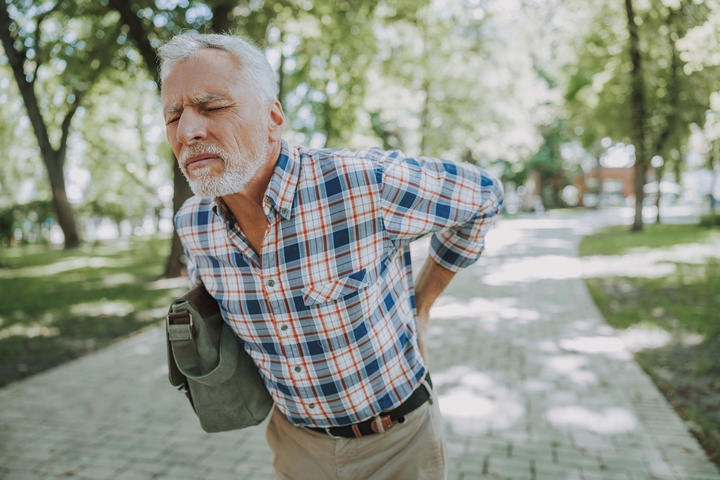
When we are kids, we spend our days running, jumping, skipping, and hopping just because we can. It’s the perfect way to expend all that energy and a great form of physical activity we adopt early on.
As we age, we tend to get less mobile, and when twilight unfolds in our senior years, we can develop mobility issues that keep us from regular movement. Why does this happen? This is a time of freedom from our former work life when we should be active and experience all we can.
What causes mobility issues in the elderly?
1. Lack of Physical Activity
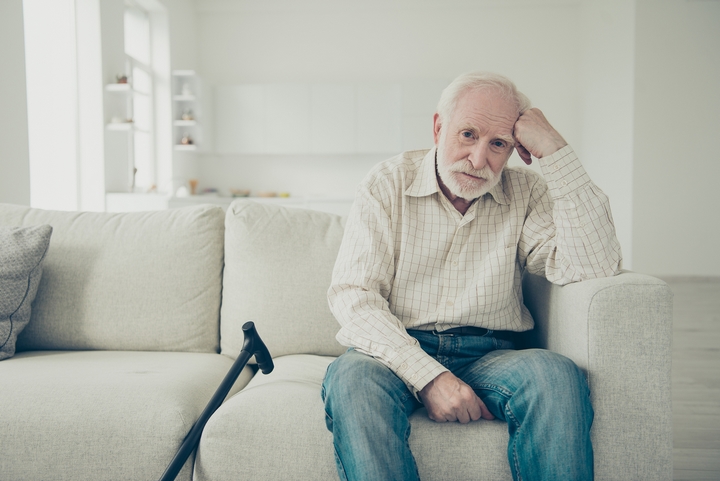
Most of us get some exercise during our daily routine, and many augment this with exercise programs or frequent trips to the gym. This is all great, but seniors often adopt a more sedentary lifestyle.
This lack of movement creates a body structure that loses flexibility and muscle. They say you lose it if you don’t use it, which is true of our movement. It may be hard for seniors to join a gym and start running on the treadmill or lifting weights, but that isn’t what they need anyway. Maintaining an activity level that matches a normal daily routine is more important. This involves:
- Walking
- Bending
- Sitting
- Standing
A good exercise routine for a senior is to get outside and take a walk. Head to the nearest park and find a bench to relax on, take off your shoes, connect your bare feet to the ground and breathe in the fresh air. You can practice a sitting and standing routine and take a few laps around the park with rests. This will help keep your muscles toned, joints lubricated, and bones strong.
Ensure you have an exercise partner to keep you accountable for this daily routine. If you suffer mobility issues, use rolling walkers as a piece of support equipment.
2. Health Conditions
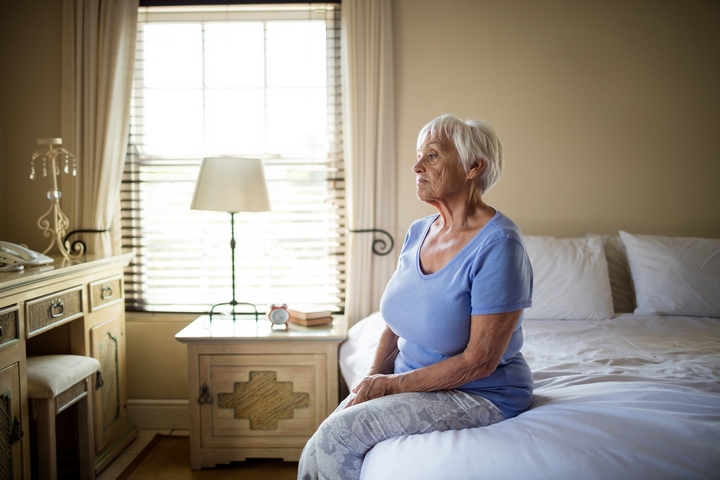
Some health conditions prevent us from moving around, and this is a catch-22 because the sicker you are, the less you move, and then the harder it is to be mobile.
Inflammatory diseases like osteoarthritis get worse over time and affect your joints in your:
- Knees
- Hips
- Hands
- Lower back
- Neck
This causes stiffness and pain, making it harder to keep your mobility up. There are ways to combat this with diet, exercise and sleep, so it is worth creating a strategy for improvement from arthritis.
Other health conditions can affect mobility, including heart issues, stroke, reduced hearing, impaired eyesight and diabetes.
3. Lack of Balance and Coordination
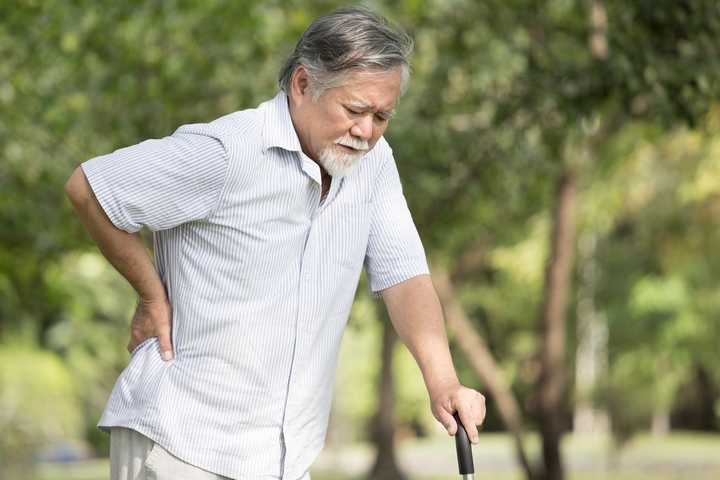
Health conditions can contribute to balance and coordination for seniors and stiff and damaged joints, but the inner ear issue is often the culprit. Inside the inner ear is a labyrinth system that controls balance. When inflamed or infected, a person can experience vertigo, which presents as dizziness and spinning.
This may be caused by:
- Current medications
- Head injuries
- Circulatory problems
- Upper respiratory infections
- Viral infections
You can work with your doctor to help remedy some of these situations and rehabilitation exercises in physical therapy, yoga, and stretching to build and repair muscle groups responsible for balance. Practicing balance and coordination skills and improving your overall health will work to reset your balance and coordination.
4. Obesity
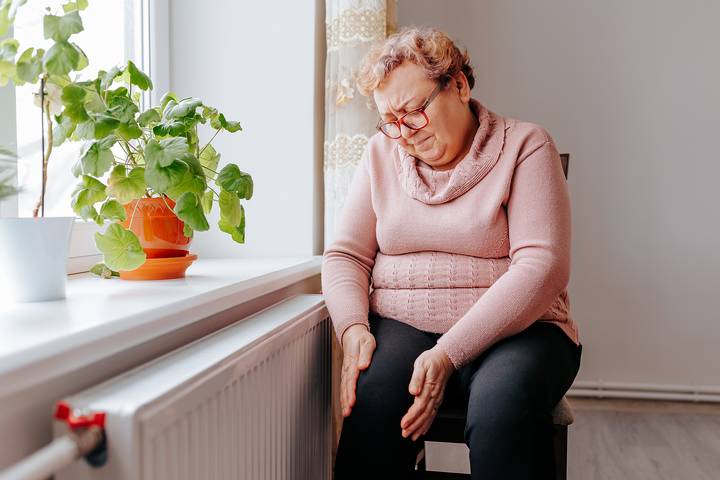
This is one of the leading causes of immobility for seniors, and it can rob you of your quality of life. As we age, our metabolism slows down, and along with inactivity, it is easy to gain weight. This increased weight makes it harder to move around, and staying put is easier than struggling to get up and out the door.
The easiest and hardest way to combat this is by eating nutritious food and leaving behind the stuff that puts on the pounds. We all know what makes us gain weight; it takes discipline to make healthy choices. You can regain mobility by losing weight and returning to a normal body size.
5. Loneliness

When people are isolated and lonely, they don’t want to go out or do anything physical. Loneliness often causes depression, making getting out of bed a struggle, and it weighs heavy on the physical and mental well-being.
Seniors are more likely to have a spouse or friend pass away, leaving them more alone, and their children and grandchildren are busy with their hectic lives. The emotional distress of social isolation causes a person to remain shut in, but if they can find an activity or friend group to join, this can improve their outlook on life and give them a reason to get up and be active.
These are the main causes of mobility issues in the elderly. If you are in this position, seek help from loved ones and medical professionals to aid you in regaining your movement. With hard work, you can find a new purpose and zest for life as you actively take on every day.
